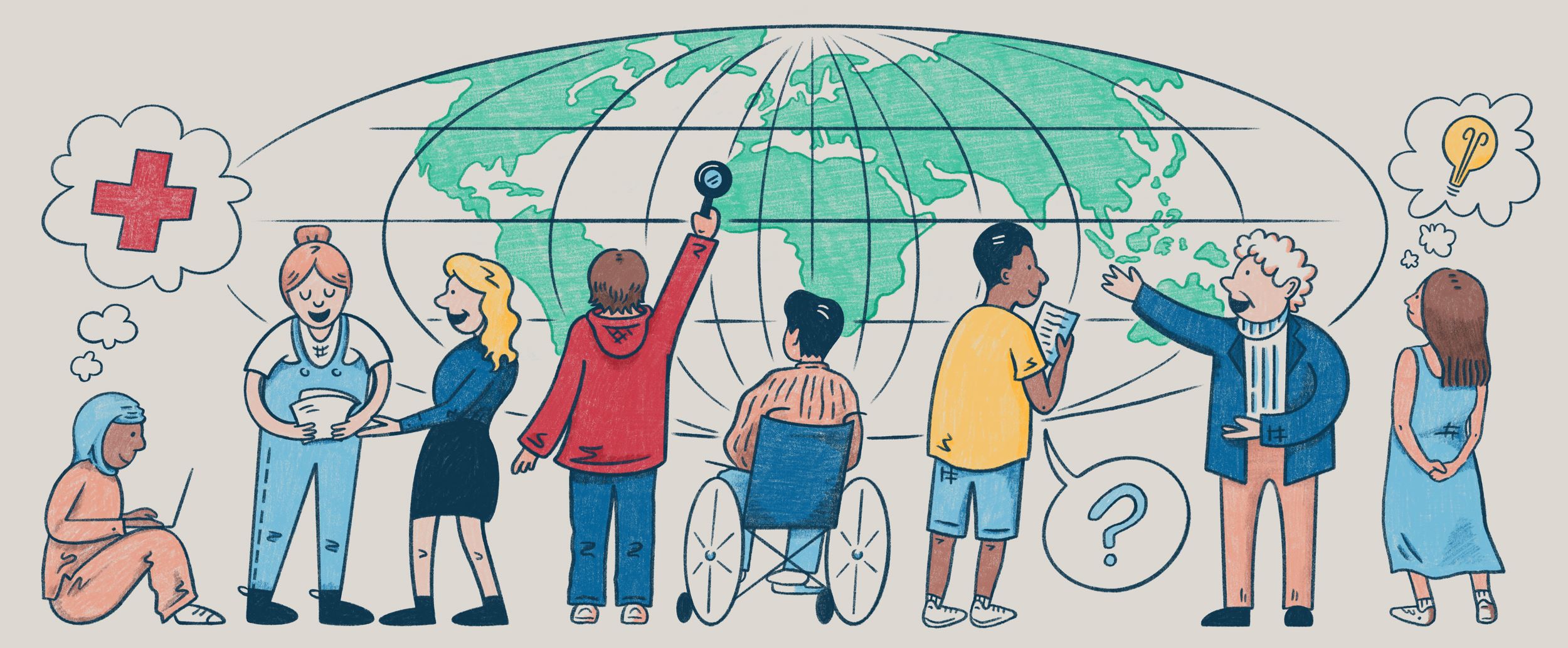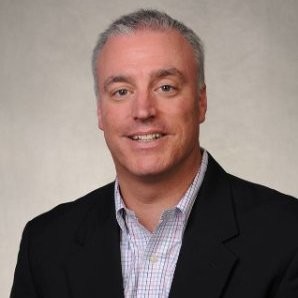

Having Community Conversations
Lawrenceville’s ongoing special speaker series is designed to help students understand the context and complexities of the Middle East conflict.
The academic year had scarcely begun in October 2023 when the rupture of the Israeli-Palestinian conflict tore across the globe. In order to help students makes sense of the horrific events, Lawrenceville began a series of “Community Conversations,” welcoming leading experts to present context and credible expert information. The goal is to help create a campus environment of compassion, understanding, and informed discussion, as well as a sense of social responsibility in Lawrentians.
Award-winning journalists Jane Ferguson ’04 and David Ottaway ’57 P’86 ’91 GP’24 headlined an all-School meeting in January to discuss the complexities of the ongoing war in Gaza. The two veteran Middle East correspondents provided students with a shared set of details about the region and history of the conflict, sharing their unique experiences and informed perspectives. Twice a Pulitzer Prize finalist, Ottaway is a Middle East Fellow at the Woodrow Wilson Center who worked 35 years for The Washington Post as a foreign correspondent in the Middle East, Africa, and Southern Europe and later as a national security and investigative reporter in Washington before retiring in 2006. Ferguson is an award-winning foreign correspondent for PBS NewsHour, contributor to The New Yorker, and McGraw Professor of Journalism at Princeton University. She has over a decade of experience living and reporting in the Middle East and reporting from the Arab world, Africa, and South Asia.
By way of introduction, Ottaway gave a careful outline of the last century of the region’s history. Beginning with the 1917 Balfour Declaration, he cataloged both breakthroughs and disappointments in attempts to achieve long-lasting peace. Ferguson spoke about her experiences as a journalist living in and covering the region for nearly two decades, and about our common humanity.
The pair also responded to student questions, urging Lawrentians to become informed global citizens by researching the news from a variety of resources, including exploring outlets from around the world that present different perspectives. Long-form journalism, rather than the more easily accessible 20-second video, they urged, remains relevant and important in order to understand the complexity and nuance of the situation in the region.
In April, the School welcomed international affairs practitioner and scholar Hugh Dugan P’20 ’21 to campus. In 2019, Dugan served as Acting Special Presidential Envoy for Hostage Affairs, which involved lines of effort for recovery from the Middle East. A U.S. delegate and senior advisor to the United Nations from 1989-2015 and member of the National Security Council, Dugan spoke to Lawrentians about hostage-taking as what he called “an act of war,” both in the Middle East and in other regions of the world.
There is no “cookie-cutter approach” to resolution of any hostage situation, according to Dugan. Terrorist organizations like Hamas, he said, are not bound by the “customs, protocols, conventions, or arrangements” that are generally agreed upon between nation-states.
“We can punish states through accountability measures, but how does one deal with a terrorist organization?” he said. “They are outside of the law. We are dealing with outlaws.”
